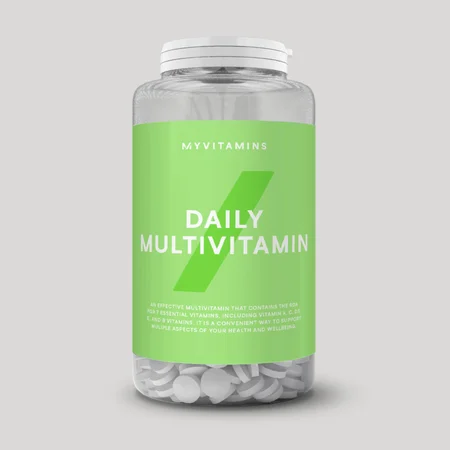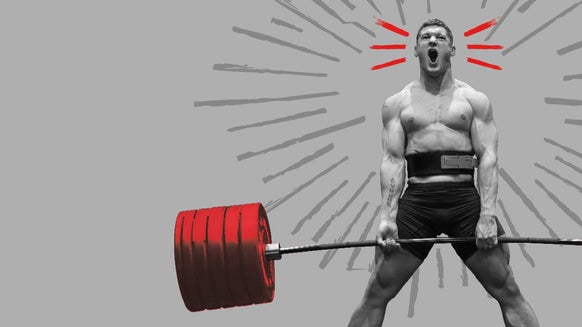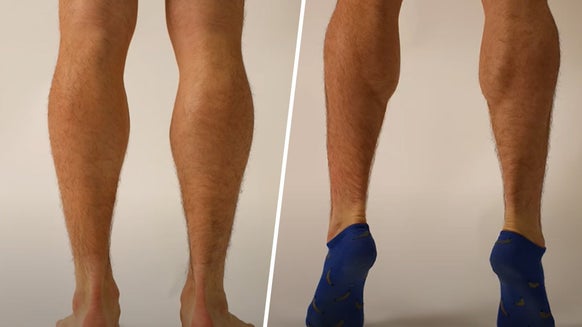
Vitamins can be one of the most confusing areas of nutrition. Lots of letters and unfamiliar symbols, reading the daily intake recommendations is a little like translating hieroglyphics. But vitamins are vital for keeping your body functioning properly, and they can help your progress in the gym, too.
There are plenty of questions when it comes to taking vitamins … how often should you take them? Which should you be taking and how often? What happens if you forget to take them?
Luckily Myprotein product developer and vitamin expert Katie Brown is going to answer all those questions, right here. Here’s your weekly dose of Nutritionist Explains.
Why do I need vitamins?
Vitamins and minerals are micronutrients. We need them in small amounts every day to keep our body functioning as it should.
Katie’s a big advocate of food being your primary source of vitamins and minerals. However, with busy schedules, it can be tricky eating enough fresh fruits and veggies every day.
In fact, just 28% of adults in the UK get the recommended five a day …
That’s where supplements come in.
How much do I need?
In the UK, we use the reference nutrient intake (RNI) to inform how much the average adult needs of each vitamin and mineral.
More specifically “it’s the amount of a nutrient that is enough to ensure that the needs of a majority of a demographic group are being met.” You can usually find the RNI on whatever supplement you’re taking, and the dosage will be in line with this.
You should always abide by the recommended dosage of any given supplement, unless advised differently by your doctor.
Is consistency key?
In short, yes. Katie says consistency is absolutely key when it comes to vitamins and minerals.
If you’ve been deficient in any given vitamin or mineral, it usually takes a good few weeks for your body to rebuild sufficient levels.
Having said that, forgetting to take your supplements every now and then isn’t the end of the world if you’re consistent most of the time.
Consistency is even more important when it comes to water-soluble vitamins (all the B vitamins and vitamin C) because they can’t be stored in our fat cells. This means they’re lost in urine if not used up by the body.
So staying consistent with these in particular is especially important if you want to feel their full effects.
How to not forget to take your vitamins
Especially with a busy schedule, remembering to throw back a couple of vitamins every morning can be difficult. But Katie has your back with a few tips.
First off, try to get in the habit of taking them at the same time every day. Whether it’s first thing in the morning or just before you go to bed, taking your supps at the same time every day makes it much more likely to become a habit. You can start by setting an alarm on your phone and go from there.
Most supplements can be taken whenever, but check the back of the bottle to see if they need to be taken with or without food.
Finally, if you’re a busy person, getting a pill dispenser you can throw in your bag and take on the go makes remembering to take your supps every day much easier.
Take home message
Eating a varied and balanced diet is essential to keep everything working as it should in your body.
However, getting all the micronutrients you need solely from food can sometimes be difficult. So getting them in through a multivitamin is one way of knowing you’re consuming all the vitamins you need consistently.
READ THESE NEXT:

'High-Protein Diets Are Dangerous' | Nutritionist Calls Fake News
Richie spills the tea....

“Why Do I Eat When I’m Bored?” | Nutritionist Answers This Age-Old Question
And how to only eat when you're *really* hungry....









